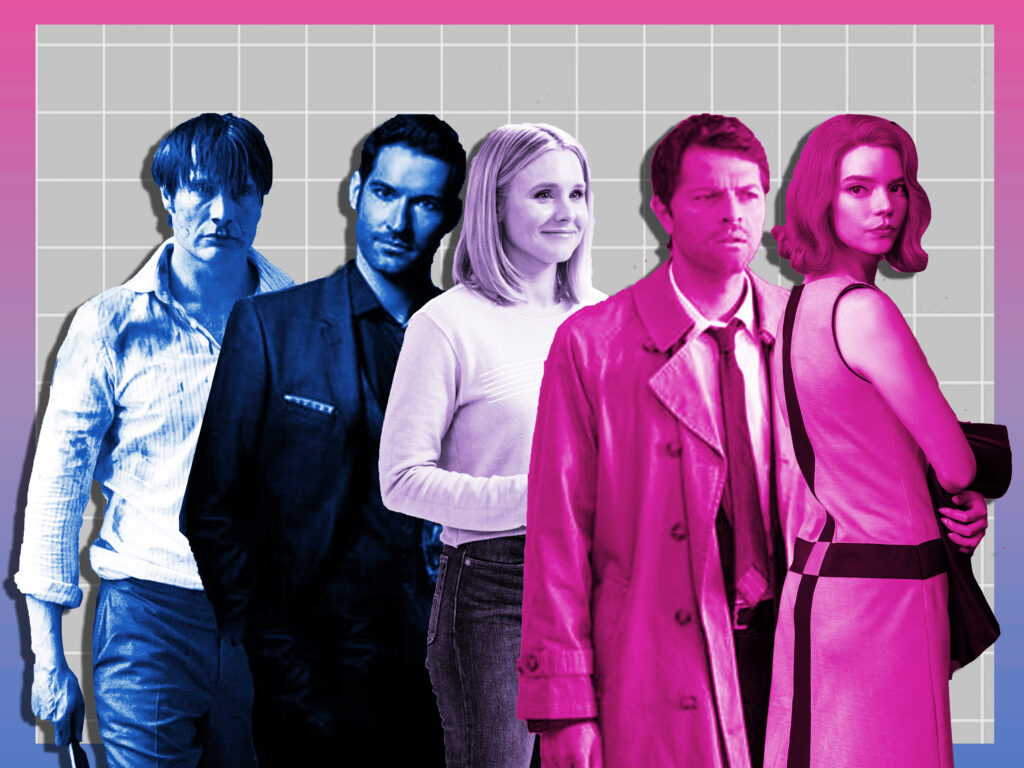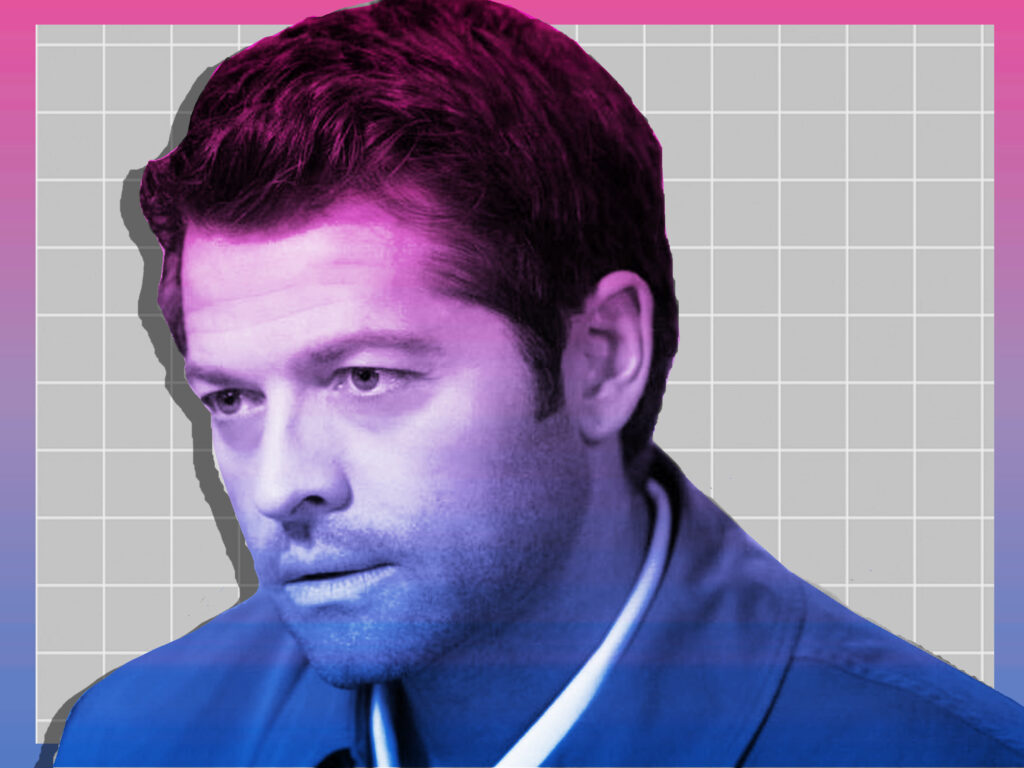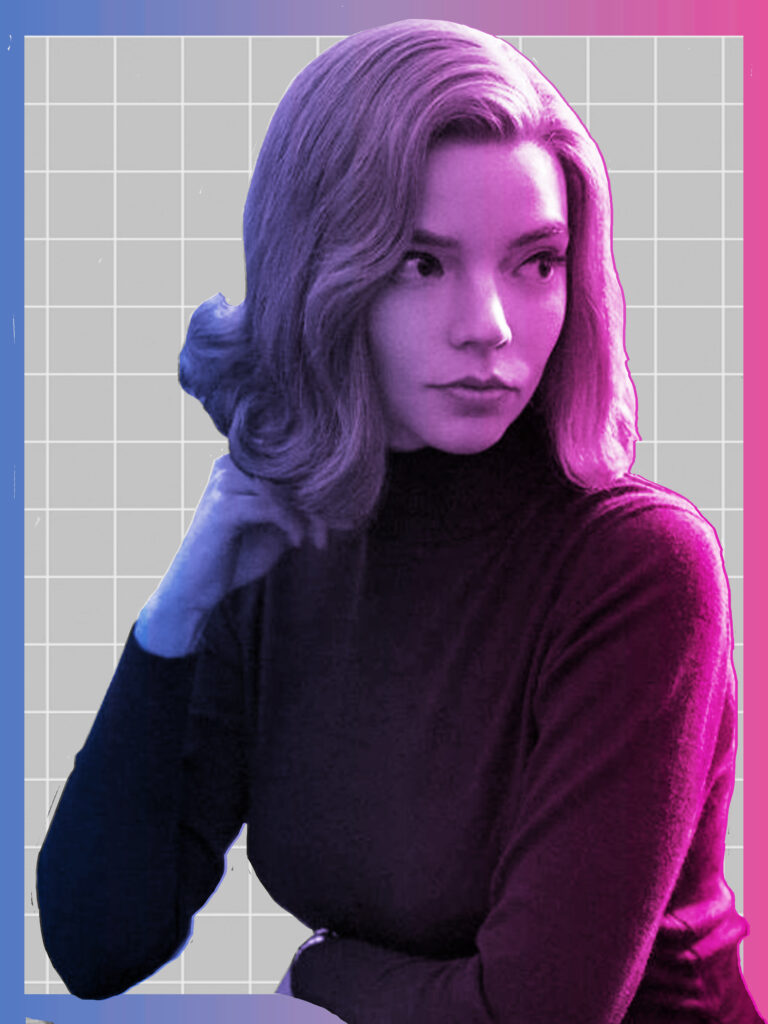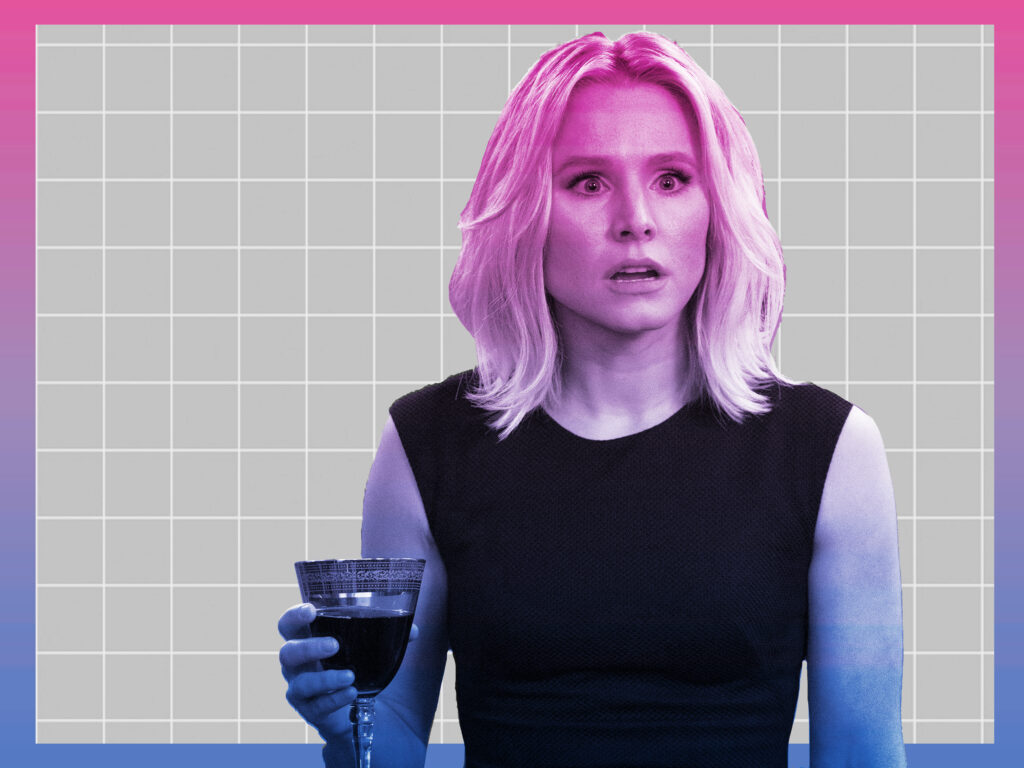
On Nov. 5, 1.4 million people mourned as Castiel, one of the star characters of the CW’s “Supernatural,” was cast into “super Hell” immediately after his long-awaited queer love confession to Dean. Since 2005, fans have championed the show as LGBTQ representation, confident in the impending success of the implied queer love story at its center that was sure to be resolved. But instead of

Luckily, “Supernatural” has just ended after 15 long seasons. I say luckily because “Supernatural,” and many works like it, have stood in the way of the LGBTQ fandom’s goal of explicit and plentiful bisexual representation that doesn’t involve one of the characters being cast into Hell. We want queer and trans stories, including bi stories, to be treated with the same explicit and respect as their straight and cis counterparts; we want romance arcs, queer joy and diversity, not queerbaiting, longing looks and demeaning jokes. But the longevity of “Supernatural” shows that the mainstream media’s tolerance for poor, comically offensive portrayals of queer characters is still far too high. And, so it seems recently, so is the tolerance of queer media.
As more and more bi characters have graced our screens with storylines that vary greatly in quality, queer pop culture sites have indiscriminately praised each performance, thankful for any representation no matter how pitiful. This trend has become particularly obvious in the uncritical praise of film and television shows using “blink and you’ll miss it” moments to confirm a character’s bisexuality, without any clear references in the plot or dialogue. “The Queen’s Gambit,” Netflix’s record-breaking miniseries about 1960’s chess prodigy Beth Harmon (Anya Taylor-Joy), has received a shocking amount of undue praise for its covert confirmation of the main character’s bisexuality.

The Advocate, of all publications, praised the show for its “unapologetic queer characters.” This refers to Beth as she wakes up after a night of partying and “eyes the bed. She rushes out of the room and the camera pans to [a figure who appears to be her friend] Cleo rolling over in Beth’s bed.” It also refers to Beth’s chess competitor Robert Townes, who invites “Beth to his hotel room to photograph her for a story for her for the local Kentucky paper, and [a man who is implied to be] his male lover [walks] in, complicating Beth’s feelings for him.” It is incredibly disappointing for such a well-established queer magazine to celebrate the pittance of queerness referenced in “The Queen’s Gambit,” a largely very straight (though otherwise very good) show.
Unfortunately, this trend doesn’t end with “The Queen’s Gambit.” Yet another prominent queer site, Autostraddle, praised “Birds of Prey” and pronounced it a queer film, in part due to the main character Harley Quinn’s bisexuality. After all, one lesbian ensemble character, in this case, Renee Montoya (Rosie Perez), does make a film queer. But, as even Autostraddle admits, “Harley’s on-screen coming out…moment itself is small and before the opening title card,” part of an animated checklist of Harley’s failed relationships which includes one woman.
The list of technically queer characters (and their easily won praise in queer media) goes on. Eleanor Shellstrop (Kristen Bell) of “The Good Place” is hailed as a “bi icon” despite her bisexuality only being canonized offscreen by the show’s creators. Lucifer Morningstar of the Fox drama “Lucifer” is a character beloved for his supposedly fluid sexuality, but all that ‘fluidity’ is squeezed into one shot of him waking up in bed next to a man and a woman. The main character of “Hannibal,” the (at best one-sidedly) homoerotic NBC show, was described by the creator as “omnisexual.” It earned praise as one of TV’s greatest gay love stories.

Every one of these examples, despite the way that they are praised, are hardly quality representation. It’s a lack of effort at worst and an outright mockery of bisexual viewers at best. Furthermore, queer journalists and creators must do better at demanding our due from the media, or else for every “Moonlight” and “But I’m A Cheerleader,” we’ll continue to receive a deluge of shows and movies like “Sherlock” and “Call Me By Your Name” and “Blue Is the Warmest Colour” for which we’re expected to be grateful. A post-coital shot, a longing glance, some joking cast commentary — it’s almost worse than nothing. And we deserve better than nothing.
